Mint cross pollination?
n_r_23
13 years ago
Featured Answer
Sort by:Oldest
Comments (14)
fatamorgana2121
13 years agoRelated Professionals
Middle River Landscape Architects & Landscape Designers · Oatfield Landscape Architects & Landscape Designers · Simi Valley Landscape Architects & Landscape Designers · Braintree Landscape Contractors · Clayton Landscape Contractors · Fairview Landscape Contractors · Fort Myers Landscape Contractors · Galveston Landscape Contractors · Norristown Landscape Contractors · North Lauderdale Landscape Contractors · Pompton Lakes Landscape Contractors · Vineyard Landscape Contractors · Woodbury Landscape Contractors · Damascus Roofing & Gutters · Wilton Manors Roofing & Guttersltcollins1949
13 years agorhizo_1 (North AL) zone 7
13 years agorhizo_1 (North AL) zone 7
13 years agoltcollins1949
13 years agon_r_23
13 years agoflora_uk
13 years agokristin_rahn_gmail_com
13 years agobellashere
13 years agolazy_gardens
13 years agoflora_uk
13 years agoRambler__
11 years agoJacob B
4 years agolast modified: 4 years ago
Related Stories
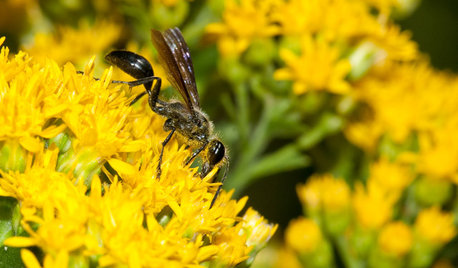
GARDENING GUIDESMeet the Grass-Carrying Wasp, a Gentle Pollinator of Summer Flowers
These fascinating insects nest in wood cavities and hollow plant stems
Full Story
BENEFICIAL INSECTSAttract Pollinators for a Productive Edible Garden
You can lure bees, butterflies and birds into your yard with the right flowers and nesting spots
Full Story
GARDENING GUIDESYou Don't Need Prairie to Help Pollinators
Woodlands, marshes, deserts — pollinators are everywhere
Full Story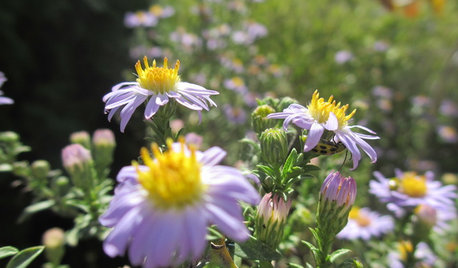
NATIVE PLANTSPlant These Fall-Flowering Natives in Early Summer for Pollinator Love
These 3 groups of plants will support masses of beneficial insects come autumn
Full Story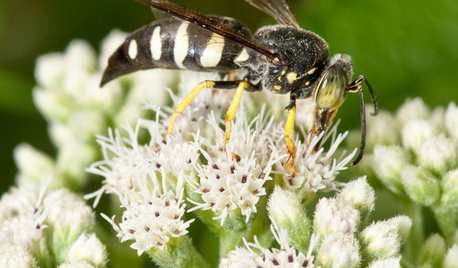
GARDENING GUIDESSand Wasps Keep True Bugs in Check and Help Pollinate Summer Flowers
Look for these solitary wasps nesting in sandy sites and foraging on flowers in July and August
Full Story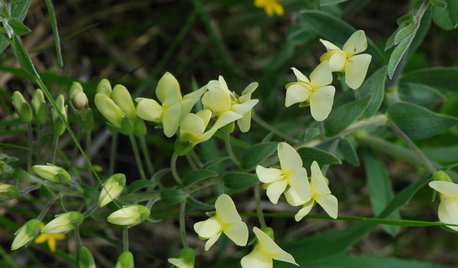
FLOWERS AND PLANTSPlant Baptisia Bracteata for Blooms Pollinators Will Love
Longbract wild indigo is great in dry soil, and its spring flowers attract butterflies and bumblebees
Full Story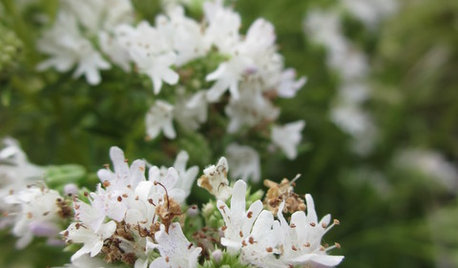
GARDENING FOR BUTTERFLIESGreat Design Plant: Virginia Mountain Mint
Watch a world of insects dine on this Midwest native, an easy bloomer that washes the garden (and your skin) in scents of cool mint
Full Story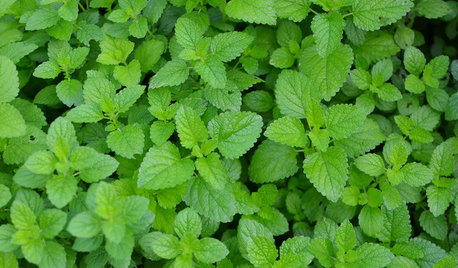
GARDENING GUIDESHerb Garden Essentials: Grow Your Own Delicious Mint
Pull out a pot for this one. Mint's spreading habit and hard-to-kill nature can be a blessing — if you're properly prepared
Full Story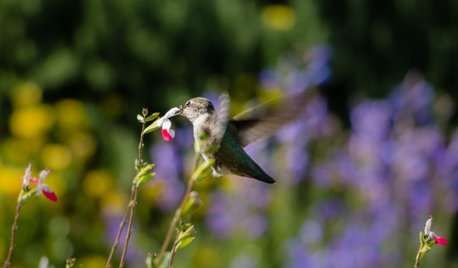
GARDENING GUIDESAttract Hummingbirds and Bees With These Beautiful Summer Flowers
Roll out a welcome mat for pollinators to keep your landscape in balance and thriving
Full Story
GARDENING AND LANDSCAPINGBid Bad Garden Bugs Goodbye and Usher In the Good
Give ants their marching orders and send mosquitoes moseying, while creating a garden that draws pollinators and helpful eaters
Full Story





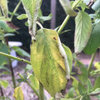
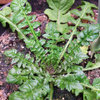
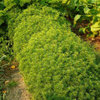
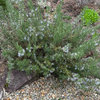
mister_potato_head